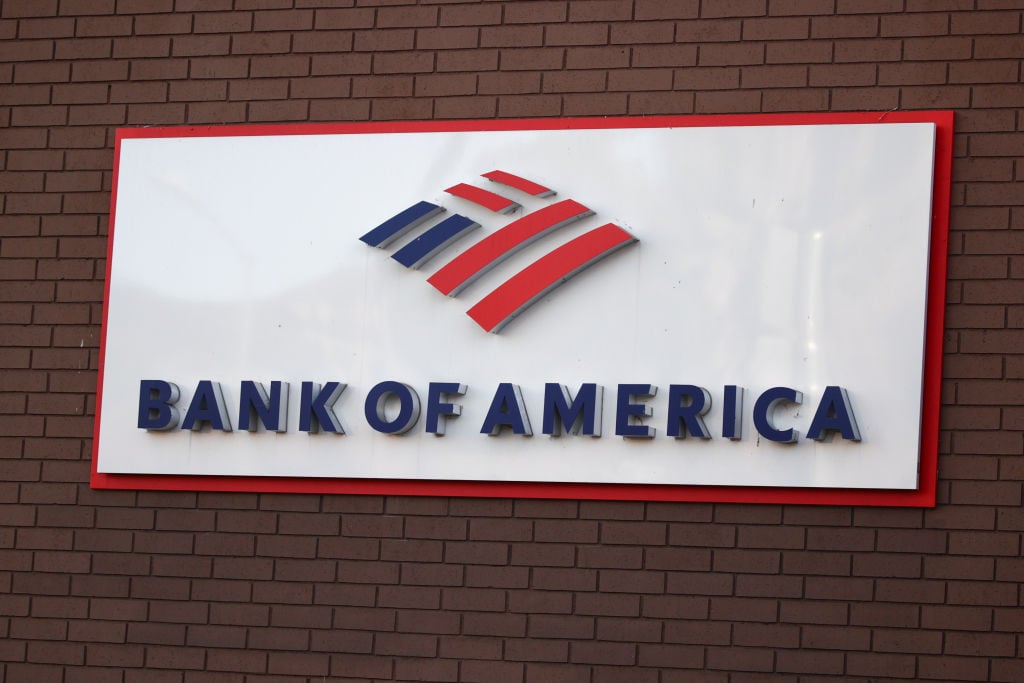Thank goodness for the weekend.
Not only did most of us get to have a couple of days off, world stock markets were closed. No more plunging markets. Your portfolio couldn't go down any further over the weekend. And in fact, the market's rallying so far today.
Phew.
However, if you are like me, you probably used parts of the weekend reflecting on the quite amazing events of last week. Without doubt, it was the most turbulent and at many times stressful week of my 20-year investing career.
It's worth rewinding a little past just last week. On Sept. 19th the Dow Jones Industrial Average closed at 11,388. At the start of last week, Oct. 6th, the Dow stood at 10,325, meaning it was already off over 9% in the previous 10 trading days.
What made last week even worse was that many portfolios were already bleeding before the carnage. Stocks like Ebay (NASDAQ:EBAY), Ford (NYSE:F), General Electric (NYSE:GE) and Research In Motion (NASDAQ:RIMM) were already significantly off their 52-week highs, in the neighborhood of 50% or more.
Shattered dreams
Then we had the mother of all sell-offs. The Dow finished the week down a whopping 18%, and now sits a massive 36% down to date in this calendar year.
Some of the selling was justified. Some companies will not survive this credit and economic crisis. Others will be sporting large wounds which will take years and maybe even decades to mend, if ever. Some stocks will never again trade higher than they did during 2008.
But much of the selling was indiscriminate. It was random. The baby was well and truly thrown out with the bathwater.
Fear gripped the markets like never before. Right before their very eyes, ordinary people could see their life savings going up in smoke. Their dreams of a comfortable lifestyle, being able to pay for the kid's college education, and of looking forward to an early retirement complete with a well funded 401(k), became nothing more than dreams.
Individual investors bailed out of their own stock holdings, their mutual funds and investments in hedge funds. People who'd used margin loans to juice the returns of their portfolio suddenly found themselves forced sellers.
It was a vicious downward spiral. As the market fell further, more fearful people sold, pushing share prices lower still. That in turn meant more margin calls, and more selling.
And to make matters worse, there were virtually no buyers. Everyone was bleeding. Even those skilled or lucky enough to have cash were not buying in such volatile market conditions.
Down, down, down.
Classic signs of a market bottom
Yet among all this doom and gloom, I saw signs of hope. I don't know if Friday, Oct. 10th will be heralded by historians as the bottom of this bear market, a day on which the Dow hit an intra-day low below 8,000, but I think it might be close.
But some of the classic signs of the bottom of the bear market were there:
- Capitulation.
- Indiscriminate selling, regardless of valuation.
- No obvious catalyst for a bounce.
- Mass pessimism.
- To date, it's the worst calendar year fall in U.S. stocks since 1931.
- The most recent bubble, commodities, has now also burst.
Now I'm not going to get into playing politics, and trying to predict what world politicians will do in a coordinated or uncoordinated fashion to unfreeze the world's financial markets. I'm also not a banker nor an economist. I can't predict what effect government injections into banks will do to the banking system and to the share prices of companies like Morgan Stanley (NYSE:MS), Goldman Sachs (NYSE:GS) and Bank Of America (NYSE:BAC).
The good news is that I'm not alone. To date the smartest financial analysts and smartest government officials around the globe have to date had no idea things would get this bad. And they still today don't have all the answers -- far from it!
If only I had $1 million to spare
The other piece of good news is that you don't have to be able to predict the future with 100% accuracy to be able to benefit from this market sell-off.
If, like me, you can't predict what the financial landscape might look like in two years, let alone in two days, then you should definitely leave banking and financial stocks alone.
There are plenty of other companies out there right now that will continue to grow and prosper in the years ahead. Sure, there's a recession coming -- I reckon it's here right now -- and many companies will struggle to materially grow their profits over the next one to two years, maybe even longer.
But in some cases, this is more than already baked into share prices. I am seeing quality companies with high profit margins operating in industries with attractive long-term economics trading at downright cheap prices.
If only I had a spare $1 million to seriously do something about it!









